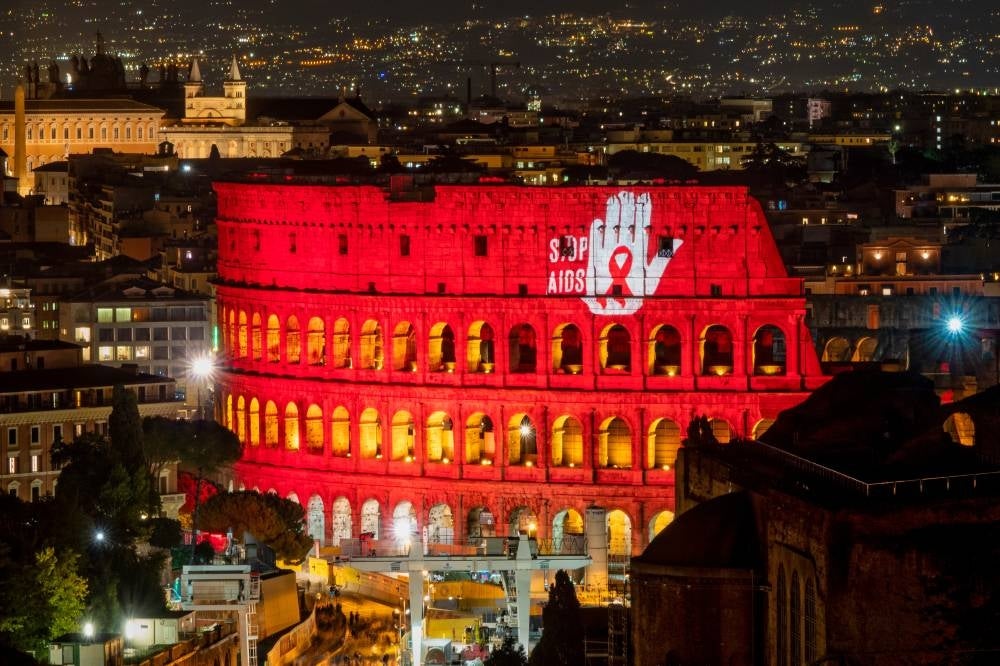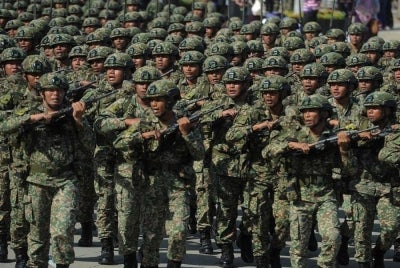Equalize! Unite to end the inequalities holding back the end of AIDS
Patricia Ongpin
The AIDS response is in danger. Inequalities are the reason why.
UNAIDS new report “Dangerous Inequalities” shows that unequal access to rights, services, science and resources is holding back the end of AIDS.
“Dangerous Inequalities” unpacks the impact on the AIDS response of gender inequalities, of inequalities faced by key populations, and of inequalities between children and adults. It sets out how worsening financial constraints are making it more difficult to address those inequalities.
During 2021 in the Asia and the Pacific region, there were an estimated six million people living with HIV, an estimated 260,000 new infections, and 140,000 AIDS-related deaths.
In 2021, three-quarters (76 per cent) of people living with HIV in Asia Pacific were diagnosed. Two-thirds (66 per cent) of all people living with HIV were on treatment, and 60 per cent of all people living with HIV were virally suppressed.
Despite scale-up in treatment coverage, the region lags behind the global average (75 per cent). A key priority for many countries is closing the gap between the number of people who have been diagnosed and those on treatment.
New HIV infections in epidemics that are concentrated among key populations are not declining globally.
We cannot end AIDS among key populations unless we effectively address the societal factors that increase their vulnerability and block their ability to access services.
In Asia and the Pacific, 38 countries criminalise some aspect of sex work, 17 criminalize same sex relations, 24 criminalize drug possession, 19 criminalize HIV transmission, exposure or non-disclosure and 15 restrict the entry, stay or residence of people living with HIV.
Discrimination against, stigmatisation and criminalisation of key populations are costing lives and preventing the world from achieving agreed AIDS targets. Facing an infectious virus, failure to make progress on key and vulnerable populations undermines the entire AIDS response.
Dangerous inequalities are undermining the AIDS response and jeopardising the health security of everyone.
In Malaysia, perceived socio-cultural preferences and associated stigma discourage men from seeking HIV and sexual health related services.
While 65 per cent of women in Malaysia living with HIV were accessing treatment in 2021, only 52 per cent of men living with HIV were on treatment. Men and boys account for 90 per cent of all new infections in Malaysia in 2021.
Since 2010, new HIV infections have increased by 18 per cent in Malaysia despite new infections among children declining by 94 per cent.
New investments to address HIV-related inequalities are urgently needed. At a moment when international solidarity and a surge of funding is most needed, too many high-income countries are cutting back aid for global health.
In 2021, funding available for HIV programmes in low- and middle-income countries was US$ 8 billion short. Increasing donor support is vital to getting the AIDS response back on track.
As the new report shows, donor funding also helps catalyse domestic funding: increases in external HIV funding for countries from PEPFAR and the Global Fund during 2018-2021 were correlated with significant increases in domestic funding from national governments.
Malaysia’s leadership in domestic financing on HIV response is laudable. In the past decade, Malaysia’s HIV response has been predominantly funded by domestic sources including the funding for the civil society organizations.
Low- and middle-income countries should no longer be kept waiting for access to health technologies. Innovations in health are global public health goods.
Millions of lives are at stake.
Globally, there were 650 000 AIDS-related deaths in 2021 and there were 1.5 million new HIV infections—1 million above the 2020 target of 500 000. In Malaysia in 2021, there were 1 600 AIDS-related deaths and 15 people became infected with HIV daily.
But this is not a counsel of despair.
It is a call to action.
Inequalities in health are not inevitable.
Countries have the power to overturn laws that criminalize and marginalize entire communities, equalize availability and access to services, and ensure differentiated options for HIV prevention based on an individual’s needs.
All over the world, people are mobilizing to challenge the injustices that keep people away from lifesaving HIV treatment, care and prevention services.
Determined partnership and action between government, development partners, civil society organizations, and communities can mobilise sustainable achievements in national HIV responses.
Malaysia has experienced such an accomplishment by being one of the first countries to address and eliminate mother to child transmission, thus ensuring that 96 per cent of children with HIV have access to treatment, of whom 62 per cent are virally suppressed.
The evidence is clear: protecting the health, safety, and human rights of marginalized people expands access to HIV services, accelerating progress in the response to HIV by increasing the number of people on treatment, widening access to prevention tools and reducing new infections.
Together, it is possible to end AIDS by 2030 but only if governments act now to equalize access to HIV services, equalize access to rights, and equalize access to resources for everyone.
Tackling inequalities will not only help the marginalized. It will help everyone.
Patricia Ongpin is the UNAIDS Country Director of the multi-country office covering Cambodia, Lao PDR and Malaysia since June 2022. She is also international development and public health specialist with over 15 years of experience spanning across Asia, Africa, and Europe.
The views expressed in this article are the author's own and do not necessarily reflect those of Sinar Daily.
Download Sinar Daily application.Click Here!














